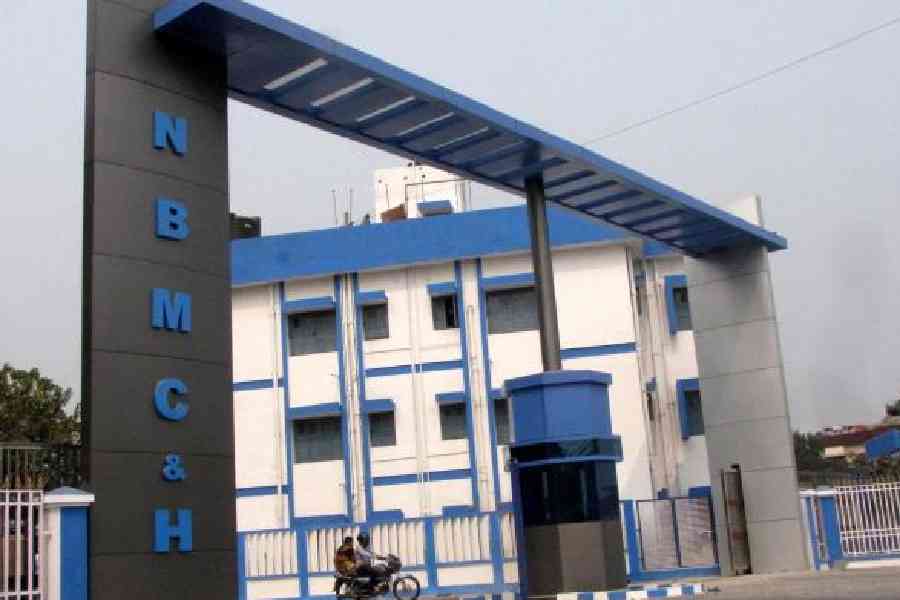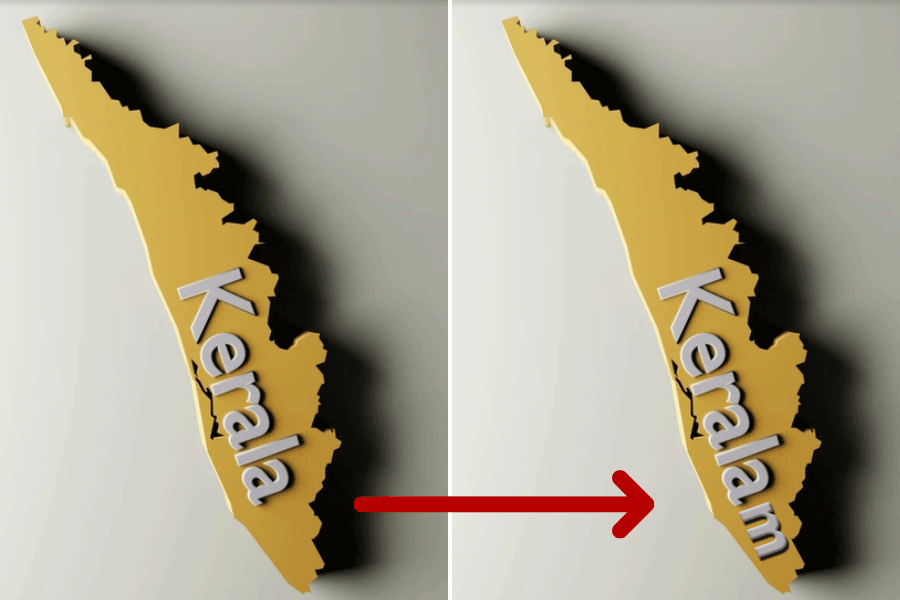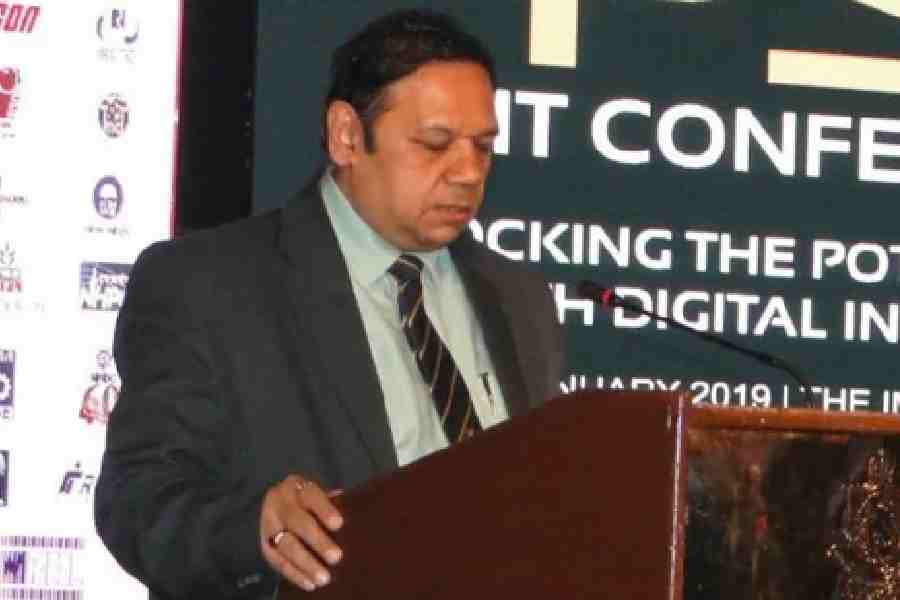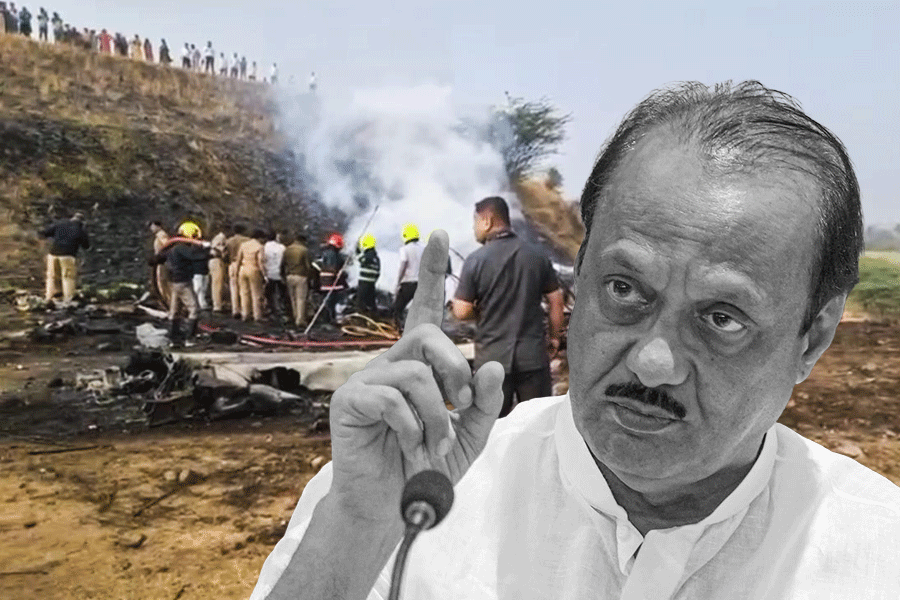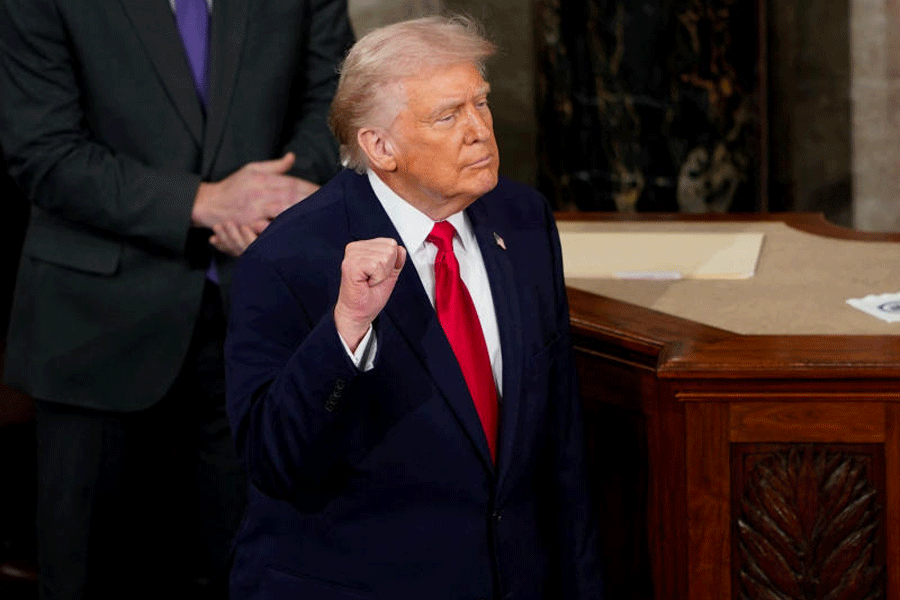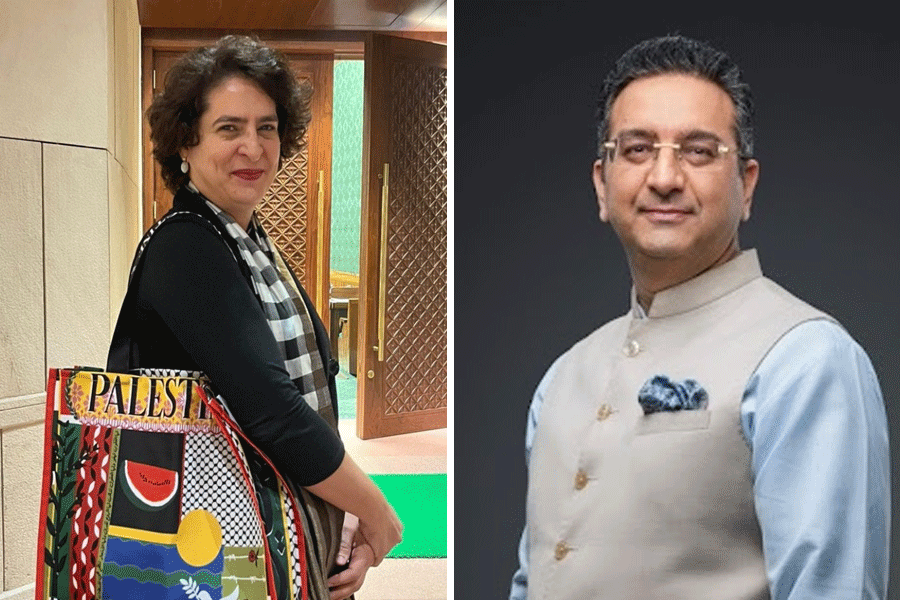The North Bengal Medical College & Hospital (NBMCH), on the outskirts of Siliguri, is set to get its long-delayed burn care unit, years after the facility was sanctioned.
NBMCH sources said that work was underway to establish a 16-bed burn care unit on the upper floor of the trauma care building.
A central grant of ₹1.2 crore had been cleared for the burn care and trauma care before the Covid-19 pandemic.
The burn care unit had remained on paper while the trauma unit became
functional.
Now, hospital authorities have begun preparing the detailed project report, following instructions from the state health department.
“The fund sanctioned by the Union government was also allocated for both the trauma care unit and the burn care unit. While the trauma care unit was completed earlier, the burn care unit remained pending. Now, we are hopeful that the unit will become operational soon,” said Sanjay Mallick, the medical superintendent-cum-vice principal of NBMCH.
Though a smaller burn unit was previously included in the plastic surgery department of the super-speciality block, it could never open its doors to patients due to a severe shortage of specialists.
“It is indicated that the new standalone facility may finally help in addressing the issue,” said a source.
Cardiac care
Specialist cardiac care is set to reach deeper into rural north Bengal with the rollout of tele-cardiology services at the Jalpaiguri Government Medical College & Hospital (JGMCH) and Malbazar super-speciality hospital.
The service, developed in consultation with cardiologists from NRS Medical College & Hospital in Calcutta, aims to provide remote expert guidance for critical heart patients through digital
consultations.
The state-run health establishment in Jalpaiguri is also preparing to strengthen
its neurocare capacity through a partnership with the Bangur Institute of Neurosciences, Calcutta.
Health officials said timely intervention was vital in treating stroke patients, which neuro telemedicine would do.
“With the number of stroke cases rising sharply, this neuro telemedicine service offers a vital line of defence. While these additions are being lined up, a wider web of telemedicine has already taken hold across the district,” said an official.
He said that under the state’s ‘Swasthya Ingit’ initiative, 264 health centres were providing tele-consultation services six days a week.
“More than 40,000 patients are availing treatment every month. Community health officers posted at these centres act as the link between patients and city-based specialists. Problems are discussed over video or telephone, and prescribed medicines are handed over at these centres,” he added.

